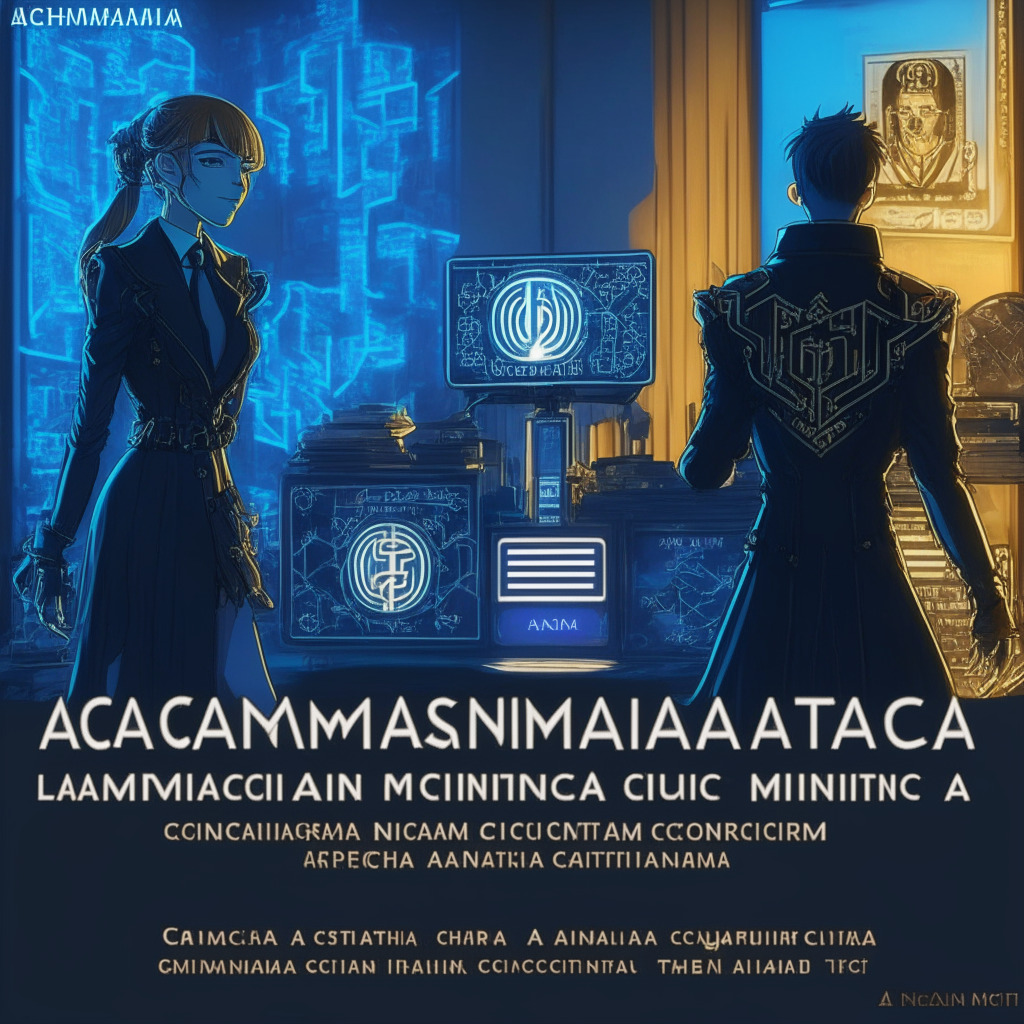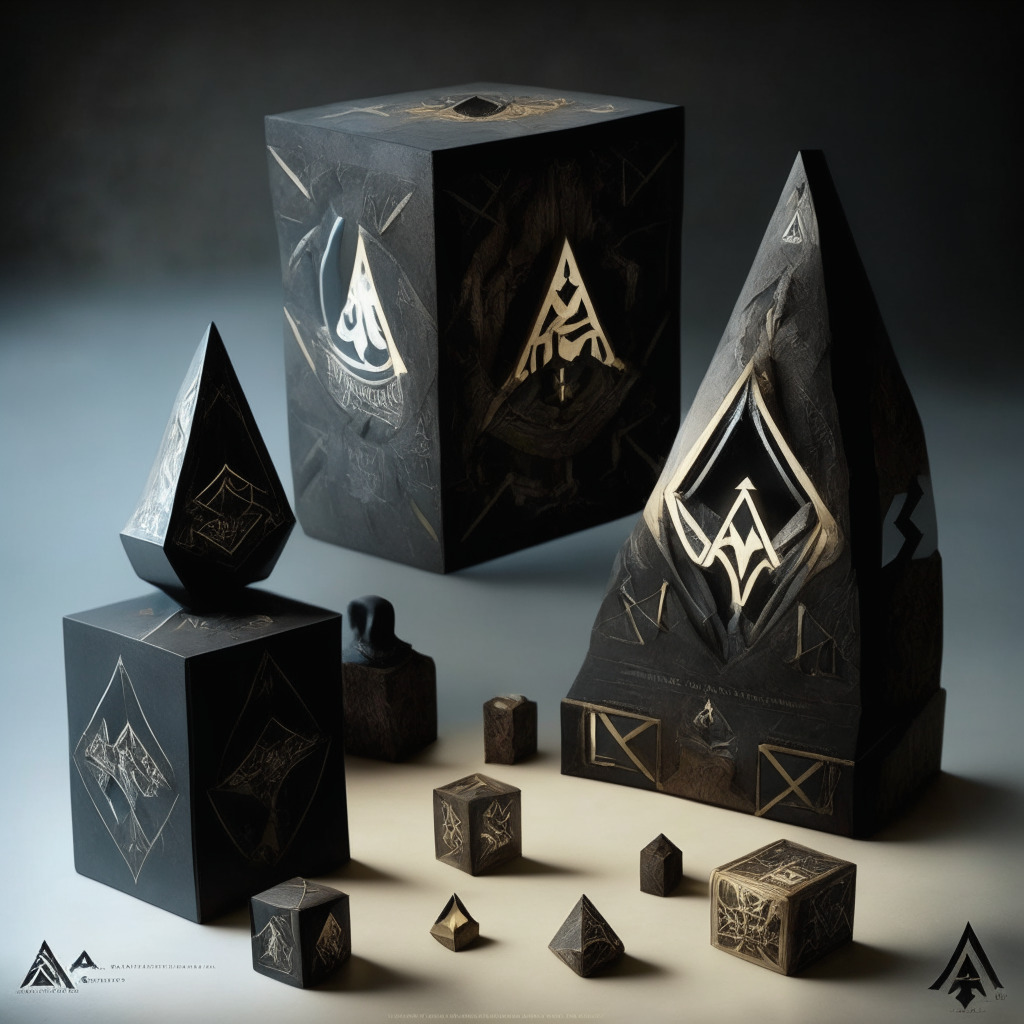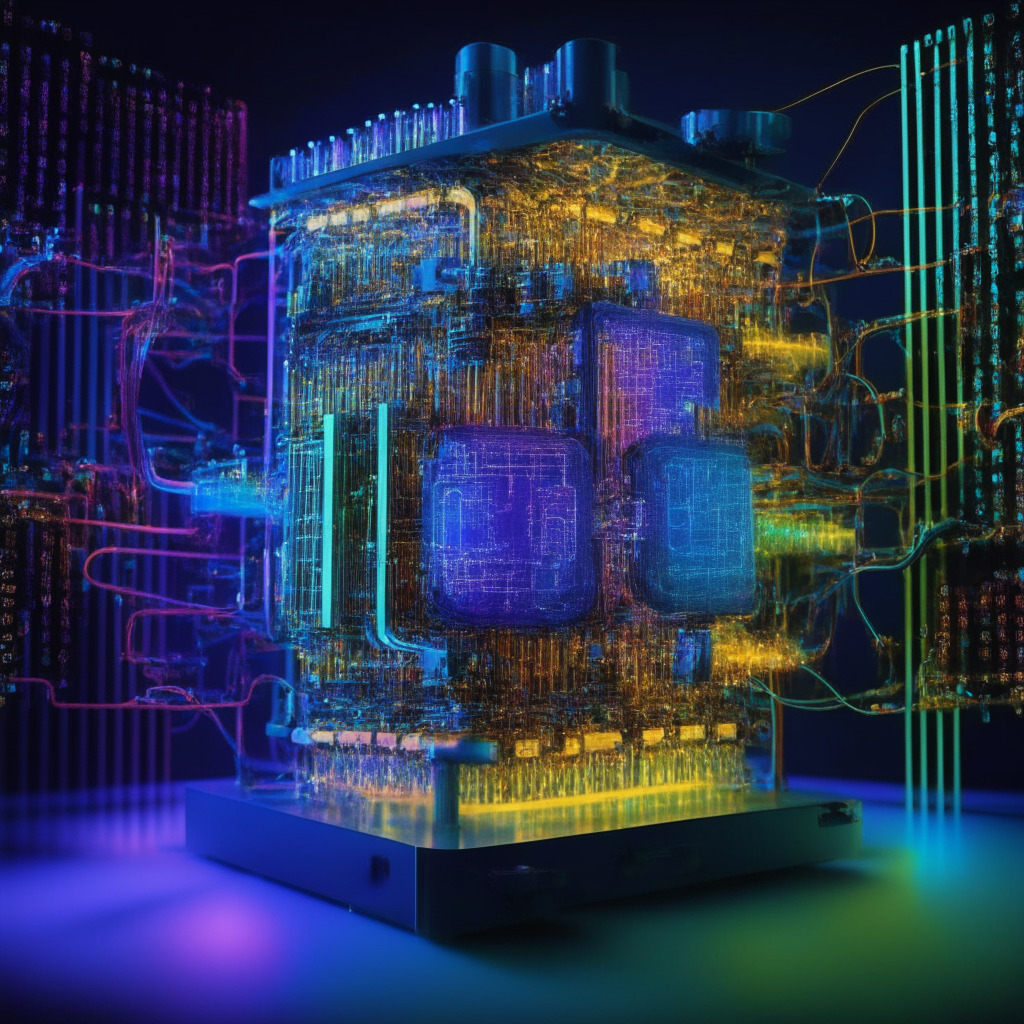LG Electronics filed a patent for a blockchain-based smart TV, aiming to facilitate seamless NFT trading directly from the device. Users will connect their crypto wallets and an NFT market server, with transactions guided by onscreen QR codes. This innovation reflects the growing trend of tech companies, like LG and Samsung, exploring Web 3, Crypto, Blockchain, and Metaverse technologies to shape the future of technology.
Search Results for: LG Electronics
LG’s Blockchain-Based Smart TV: Revolutionizing NFT Trading or Exposing Users to Risks?
LG Electronics filed a patent application for its blockchain-based Smart TV, enabling users to trade NFTs by connecting to a crypto wallet and NFT market server. The move follows the launch of LG’s NFT platform, the LG Art Lab Marketplace, highlighting its commitment to integrating Web3 solutions into its products while raising concerns about consumer safety and wallet integration restrictions.
LG’s Blockchain TV: Revolutionizing NFT Trading or Risky Investment? Pros & Cons Explained
South Korean tech giant LG Electronics reveals their latest patent application: a TV that allows users to buy, sell, and swap NFTs directly from their living rooms. By connecting to an NFT market server and users’ cryptocurrency wallets, LG aims to integrate NFT technology and digital art collectorship into everyday entertainment.
US Secret Service Embraces Crypto: Blockchain’s Expanding Influence and Challenges Ahead
The United States Secret Service acknowledged the potential of blockchain technology in combating financial crime during a Reddit AMA, highlighting it as an “amazing opportunity” for law enforcement. Meanwhile, blockchain’s influence in various domains is growing, transforming areas like gaming franchises and shaping industries through influential figures like Elon Musk and Satoshi Nakamoto.
Assassin’s Creed Smart Collectibles & The Evolving NFT Market: Opportunities and Challenges
Assassin’s Creed is launching customizable “smart collectibles” featuring digital and physical components. These collectibles include a 3D-printed cube with a character figure and a Polygon-based NFT “Digital Soul” for proof of ownership. An embedded near-field communication (NFC) chip and companion app allow users to access achievements and earn rewards.
India’s Plan for Crypto Tokens on Native Web Browser: Progress or Roadblock?
India plans to integrate crypto tokens into its upcoming native web browser, a move propelled by its Ministry of Electronics & Information Technology. This initiative aims to foster developer ingenuity and wider crypto adoption, despite facing regulatory challenges. A prominent feature will be digitally signing documents using crypto tokens within the browser.
The Evolution of Computing: Quantum Leap, Ethical Dilemmas, and Edge Computing
The evolution of computing, from the analytical engine to quantum computers, has created a promising future in addressing complex problems, artificial intelligence, and machine learning. However, ethical concerns regarding privacy, bias, cybersecurity, and societal impact require responsible practices and frameworks to ensure technology benefits humanity.
Samsung Partners with BOK on CBDC Research: Pros, Cons and Impact on Crypto Regulation
Samsung Electronics partners with South Korea’s central bank for research on central bank digital currency (CBDC) offline payments. Meanwhile, the US DOJ’s National Cryptocurrency Enforcement Team targets illicit crypto activities, and KuCoin Pool launches Litecoin and Dogecoin joint mining services.
NFT-Enabled TVs: The Future of Digital Art Trading or a Passing Trend? Pros and Cons Explored
LG aims to revolutionize digital art collecting by patenting TV technology that enables users to trade non-fungible tokens (NFTs) directly from their screens, connecting to an NFT market server and utilizing a cryptocurrency wallet. This innovative step towards mainstream adoption of digital assets shows remarkable progression in integrating technology and cryptocurrency markets.








